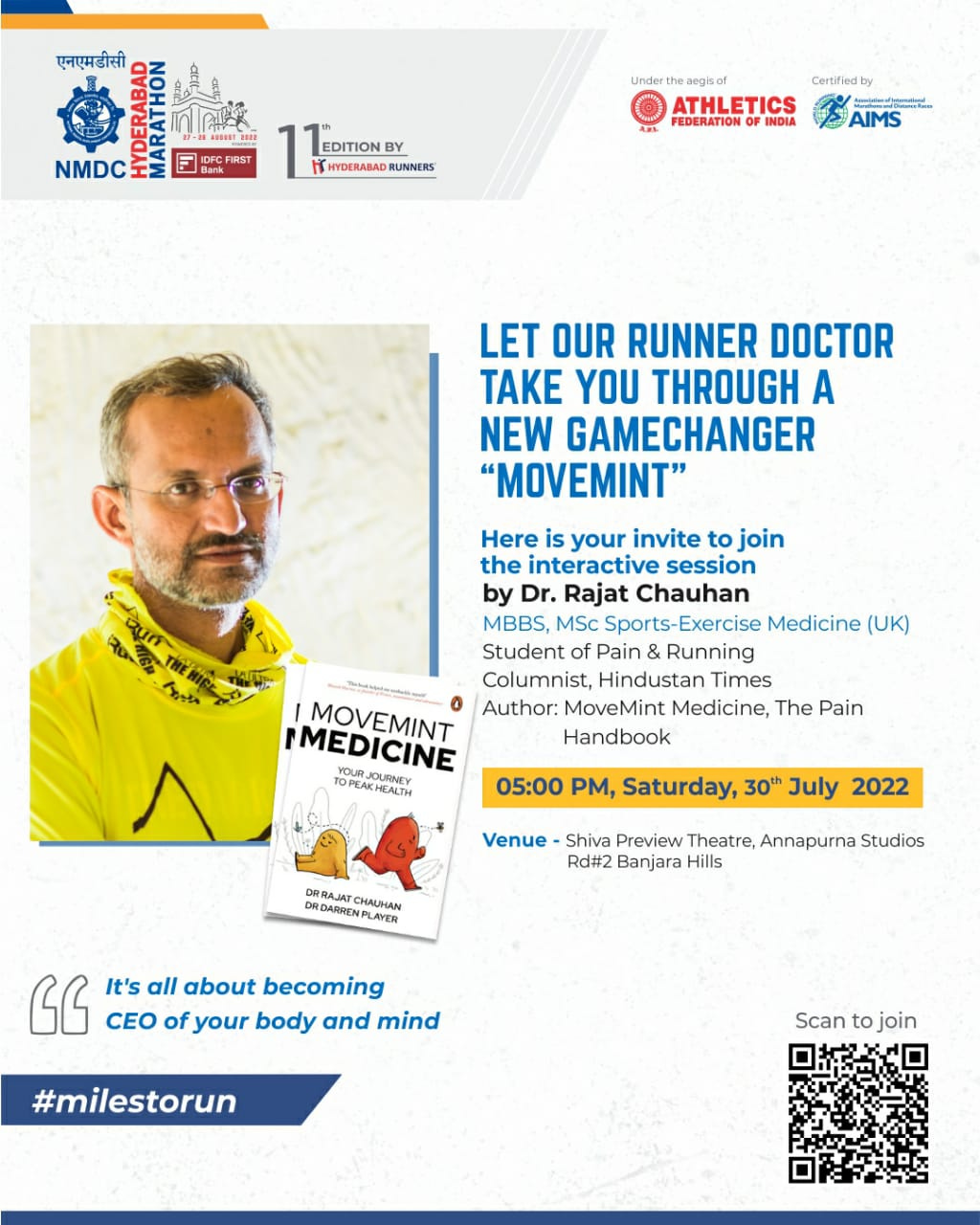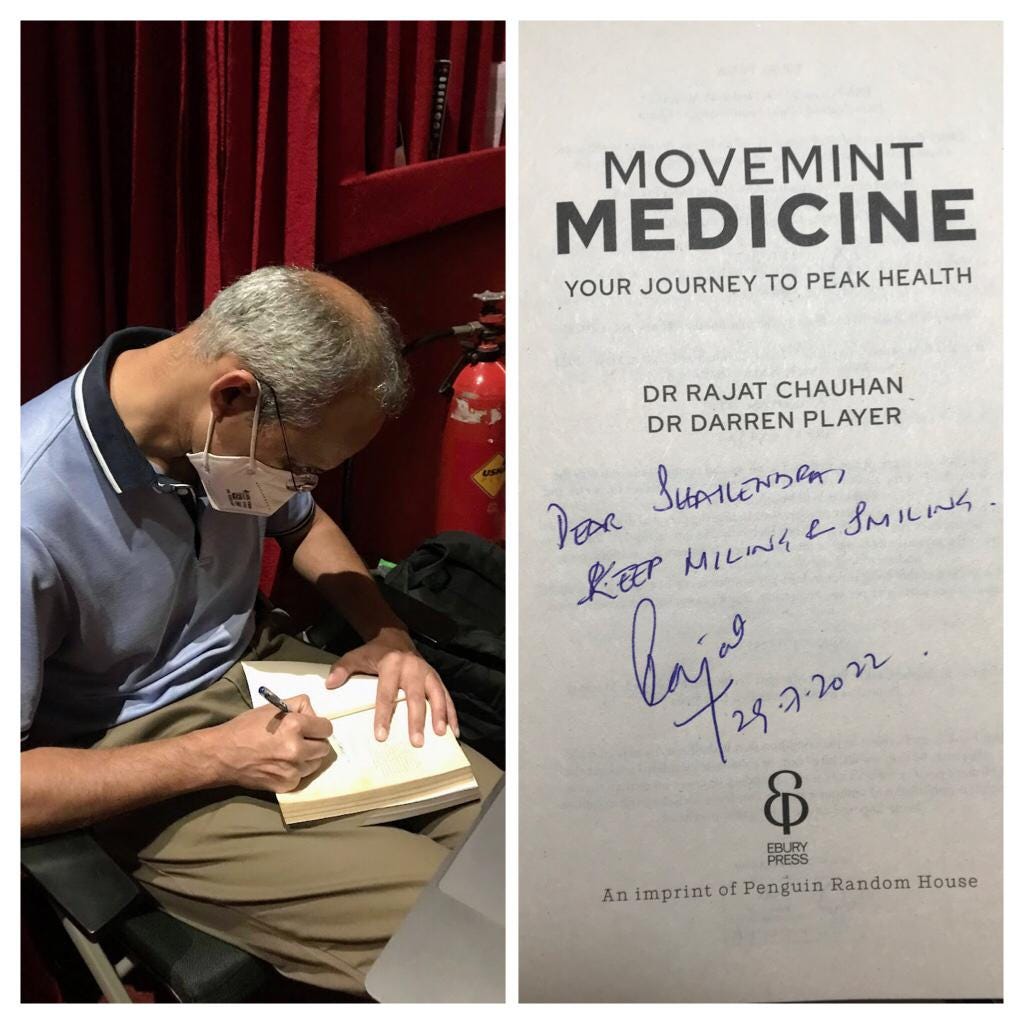During the Covid19 pandemic, we saw FaceBook opening up its tech for developing strategies for Covid19 research as well as Google and Apple coordinating to create an OS level integration for contact tracing apps of Public Health Authorities across the world.
Welcome to the new world of Platform Driven Health Care interventions. It is time to tackle the most important and least digitally transformed industry through tech enabled platforms who are leveraging core competencies to provide health care access to all.
Do share your feedback on the newsletter if you have not done it yet. I would be sharing the NPS updates in the newsletter. In case, you are wondering about Net Promotor Score (NPS), please refer to the guides from SurveyMonkey and Qualtrics
See you soon in Jaipur over 5-6-7 August 2022 for the Digital Street Regional Consultation.
DTW
During the Week, Indian government collaborated with UNDP to conduct a national workshop to include National Immunization Program under CoWin platform.

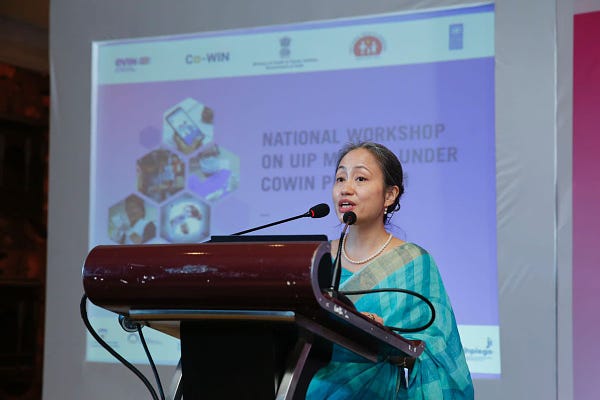
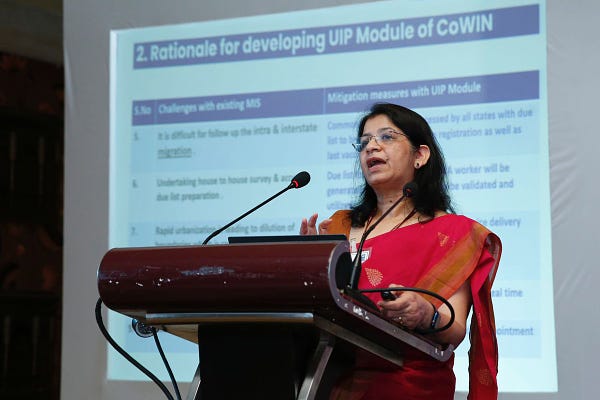
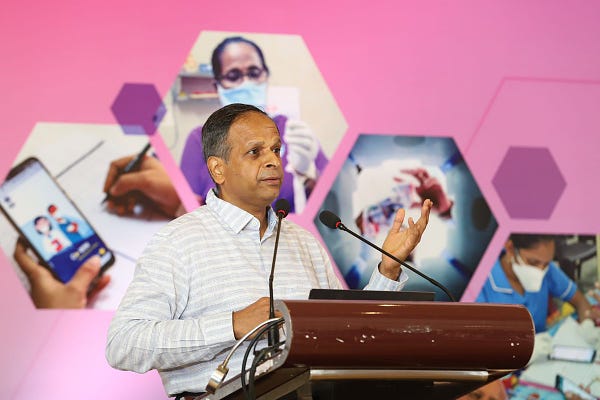
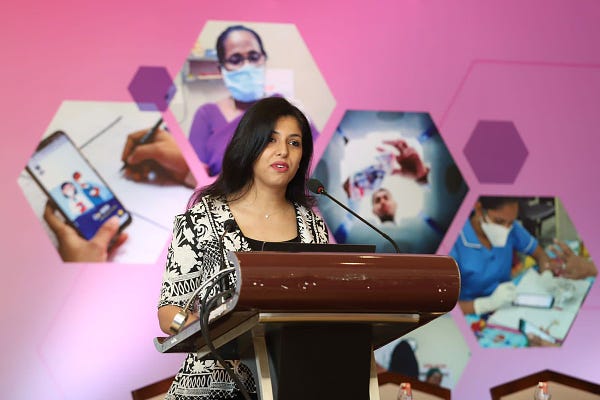
This basically means that the CoWin digital platform would now be used for all immunisation programs including polio, hepatitis, and other routine vaccines for children under the country’s universal immunisation programme. This would help the various national and international agencies in monitoring the coverage of the immunisation programme and recapture the entire data to reflect the program efficiency in real time. It may help in highlighting the drop-outs, if any, and send reminders to parents/caregivers thus providing an important feature in tracking and improving the coverage of immunisation programme.
Digital Health Platforms including the “public good” like CoWin have potential to leverage on network effects either same side or even cross side. Platforms can provide value through three types of interfaces- First, Health Service Providers with Users; Second, amongst Health Service Providers and Third, amongst Users themselves. You can read more about Platforms and Health in this link.
We have online marketplace platforms in India like 1mg, Practo, Lybrate etc who have brought healthcare service providers like doctors, diagnostic centre, pharmacies closer to the users at scale thus facilitating easy discovery and transactions. Telehealth has the potential to make health care accessible to millions of Indians not living in Metro regions.
Of course, the recent acquisition of One Medical by Amazon has brought the spotlight back on BigTech. The BigTech is looking at the tremendous opportunities in health care as more of healthcare gets dispersed from hospital and traditional health service providers. Of course, Covid19 has accelerated the trend of this dispersion to non-clinical settings but the signs were already there. All five players (Apple, Amazon, Facebook, Google and Microsoft) have made tremendous investments and acquisitions in health care especially personalised health space over last few years. Most of the investments have been in wearables and AI driven tracking interventions.
Amazon has been keen on healthcare industry. Way back in 2018, Amazon teamed up with JPMorgan and Berkshire Hathaway to form Haven. The announcement by the CEOs of Amazon, Berkshire Hathaway and JPMorgan Chase that they have teamed up to tackle one of the biggest problems facing corporate America – high and rising costs for employee health care – sent tremors throughout the world of medicine. The stock market saw the shares of health-care companies tumbled on fears about how the combined might of leaders in technology and finance could wring costs out of the system. The three behemoths in finance and technology were hoping to provide better and more economical healthcare for their combined 1.5 million employees. Unfortunately, the plan had to be shelved as each company wanted to execute their own projects separately with their own employees thus leaving no scope for the joint venture Fortunately for Amazon, One Medical has lost its value over last few quarters- — down to $10 per share from $40 at the beginning of 2021. One Medical acquisition by Amazon would makes it easier for patients to schedule their appointments, renew prescriptions, access up-to-date health records and ultimately advance health outcomes- at SCALE and Efficiency.
Inspite of BigTech dominance, D2C health brands are driven by two major and related trends- Insights & Accountability AND Privacy & Stigma. Technology tools have been able to help users and D2C health brands gather more insights as well as present the data to ensure accountability as seen through better adherence to the treatment protocols. Many enterprises are getting into the D2C health brands space through an acquisition route more specifically House of Brands approach. Yuvraj Singh backed Wellversed has recently acquired and scaled consumer health and wellness brands.
We have had amazing insights about D2C Health Brands over two sessions of MountainSpeak. If you had missed the sessions with Saurav Panda and Saloni Anand, you could watch the recorded conversation about Mars by GHC and Traya in the respective links.
OTW
Over the Weekend, I heard Dr Rajat Chauhan shares his journey as an athlete, doctor, sports scientist, author and race director. Amongst his major accomplishment is the La Ultra movement.
La Ultra has become synonymous with achieving the so called Impossible, and that too with a smile. That Impossible could be different things to different people, but in that process discovering your true self.
I also used the opportunity to get my copies of Dr Rajat Chauhan’s two books The Pain Handbook and Movemint Medicine signed by the author himself.
Aru also published an older tynkrr episode on Women in Indian Armed Forces featuring Squadron Leader Ruchita Sisodhiya. It was around Republic Day so both of us dressed up in our closest Fauzi tee-shirts for projecting some good vibes.
Do watch and share your thoughts.
I Love You
Shailendra
PS- See you in Jaipur over the weekend.




